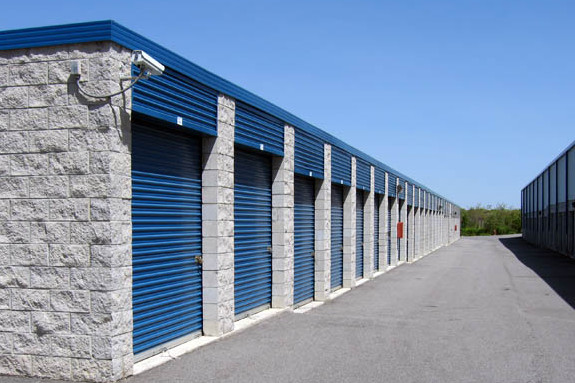If you're looking to store your possessions in a storage space it is important to ensure that they're covered. Here are some tips to get the coverage you need: Make sure to check with your homeowner's insurance or renter's insurance policy to see the extent to which it covers your belongings in a storage unit. If you do, be sure to inquire about the specifics of the policy including the limits on how much is covered and whether there are any exclusions. Storage facilities often offer insurance for your belongings. Make sure you read the policy attentively to learn what's covered and not covered.

The insurance for storage units is not mandatory, however it is strongly suggested. The cost of the policy will depend on a range of factors, such as the value of your belongings, the type of storage unit and where you will locate the storage facility. When looking for storage unit insurance, be sure to read the policy carefully to know what's included as well as what's not. And make sure you purchase insurance that has enough protection to replace your belongings should they be lost or damaged. Here are a few points to consider when considering storage unit insurance Consider taking a detailed inventory of your belongings , and estimate the value. This will allow you to determine the amount of coverage you require.
Liability insurance will protect yourself in the case of somebody is injured while on your property. This could include injuries that occur in the self-storage unit, and also injuries that occur in the parking lot or other common areas within the facility. Insurance for liability will also cover any property damage that may occur as a result of an accident on your property. When choosing a self-storage insurance policy, it is crucial to take into consideration the value of your possessions as well as the amount of coverage you require. If you own valuable possessions that are stored, like jewelry or electronics, you will need to purchase a policy with higher limits of coverage. You must also take into consideration the length of time that your belongings will be in storage as this can affect the amount you pay for your insurance. To get extra details please check out storageprotectors.com/storage-contents-insurance/self-storage
There are two types of Protection Storage policies: the actual cash value and replacement cost. The actual value policy will provide you with the current value of your possessions, whereas replacement cost policies will pay for the cost of replacing your belongings. Replacement cost policies tend to be more costly, but they will provide greater coverage. Consider getting a rider on your homeowners or renters insurance policy. If you own homeowners or renters insurance, then you might be able to include an additional rider that covers your belongings stored in a storage facility. This is a more affordable option than purchasing a separate storage unit insurance policy.
The vast majority of storage unit insurance policies will cover losses or damages from theft. It's a good idea to check with your insurance company to confirm the specifics of the policy. No, you only need to insure the part of the storage unit that contains your possessions. But, you might want to cover the entire unit in case it's particularly valuable. The amount of insurance you'll need will depend on the worth of your possessions. It's always a good idea to be cautious of caution and invest in more insurance than you need.

In the event that something goes wrong with your possessions, you may be left with nothing. Insurance for storage units is relatively affordable, and is worth the peace of mind knowing that your belongings are secure. Before you put away your next set of belongings away, make sure you insure them first.